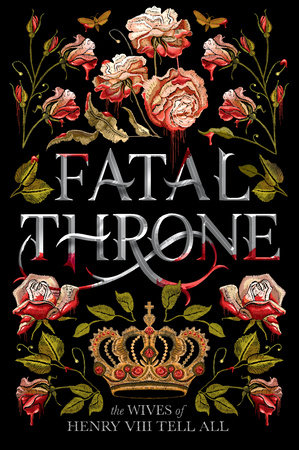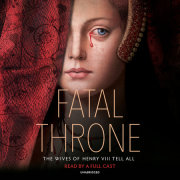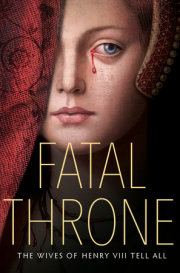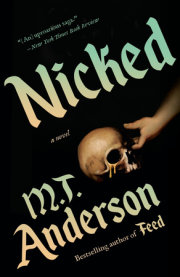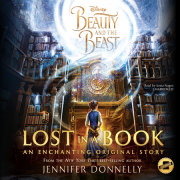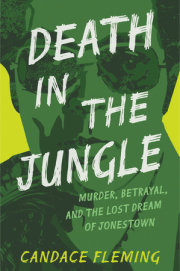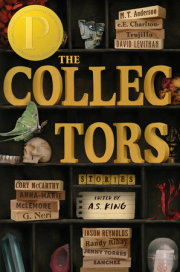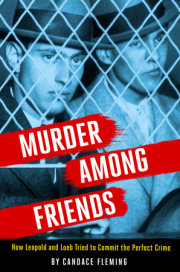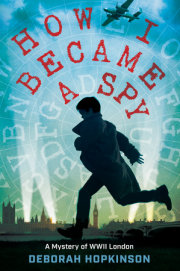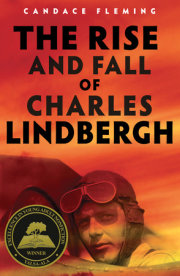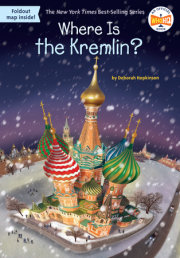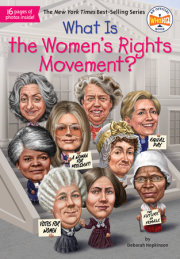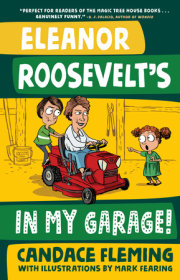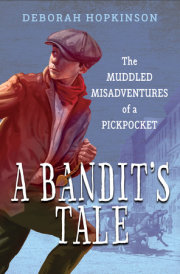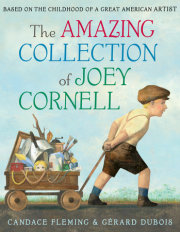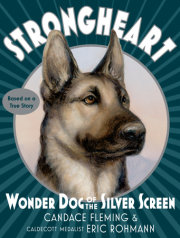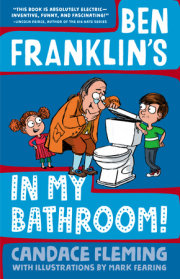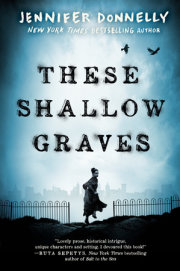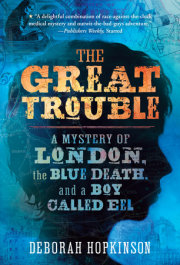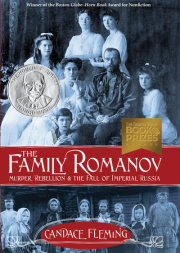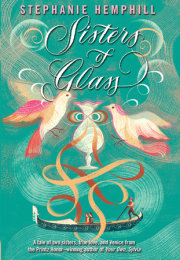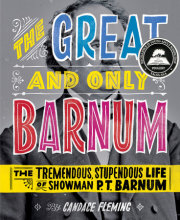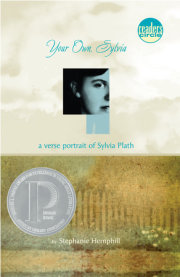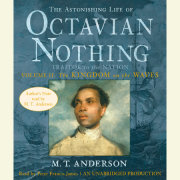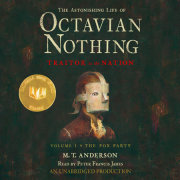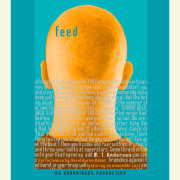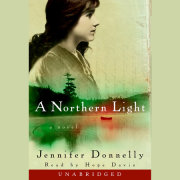24 July 1527
The world is still dark beyond my window, but I can make out the tall figure of my husband, King Henry VIII of England, in the stable yard below. Beside him stands his lover, the torchlight glowing on her smooth, young skin. They are readying to ride out. Just the two of them. Together.
I watch as he helps her up into her saddle, lifts her easily, holds her. For a moment, he cradles her little leather boot in his hand, caressing it tenderly, before making sure it is safe in the stirrup. My breath snags.
She laughs playfully, flirting, her eyes never leaving his as she places a hand on his upturned face.
I sink into a chair. “Madre de Dios, ayudadame,” I whisper. Mother of God, help me.
My lady Maud Parr comes into the room. She looks startled to see me. “Your Grace, what are you doing up so early?” she asks.
“Sleep is impossible.” I pick up my sewing, a shirt I am embroidering for Henry.
Maud sits across from me. “I must tell you something,” she says.
I try very hard to listen. But the memory of Henry laughing with Anne, of him holding her in his arms, blots out everything else.
“Your Grace?” Maud says.
I blink. “Please, begin again.”
I slip my hands inside the sleeves of my husband’s shirt as she gathers herself to tell me about the letter Cardinal Wolsey has sent to His Holiness in Rome. In it the cardinal claims I was not a virgin when I married Henry. That I made love with his brother, Prince Arthur, when he was my husband, and that I lied about it. That I am lying about it still. That because of my treachery, my marriage to Henry is not a true union.
The cardinal is appealing to the Pope to declare Henry’s and my eighteen years together illegal. He is entreating the Pope to grant the King permission to marry again.
Maud pauses before telling me the rest.
Perhaps, she wonders, the cardinal felt he needed to make a stronger case against me, because in the same letter he accuses me of being a sex-crazed woman who lured Henry into a forbidden marriage to satisfy my carnal pleasures.
Me!
And then--¡por Dios!--the cardinal tells His Holiness that my husband finds me too repulsive to sleep with because my sex organs are diseased. He says Henry has vowed never to use my body again; that it is too dangerous to his royal person; that lying with me will make the King sick.
I push the shirt’s long sleeves up my arms and rub my face against its fine linen. Cardinal Wolsey is the King’s closest advisor. He cannot have written such lies without my husband’s consent.
How can Henry hate me so?
I remember our wedding night, the feel of his hands on my trembling skin; the hot, stinging pain of our first loving; the blissful relief of lying in his strong, steady arms, a true wife at last.
I pull my hands free of the shirt and lay it across my lap. I know Henry better than anyone else, certainly better than Anne Boleyn, for I have known him as a boy and a man; as a brother and a husband. Our destinies have been entwined almost since birth.
“I was betrothed in marriage to the Prince of Wales when I was but a child of three,” I say.
“Indeed?” replies Maud.
I nod. “As Princess of Spain, I was a flesh-and-blood treaty, a breathing alliance between our two countries. And when I was fifteen I sailed to England to become his wife, and the future Queen.”
Maud gets up and pours us both a small cup of wine. “I would have liked to have known you then, Your Grace.”
“Oh, I was so young, and so sorry to leave my mother and my home. But it was God’s will that I go. I had unshakable confidence in Him--that He had favoured me and destined me for the greatest of things. I had no doubt that I would carry out my sacred obligation to fill the royal nursery with babies, most especially boys--heirs for the Tudor line.” I pause. “It was la voluntad de Dios, the will of God, you see.”
Maud nods with sympathy.
“But now the King has decided to rid himself of me. What can I do to stop him? Henry always gets what he wants. He takes it as his divine right.”
I cover my eyes with my hand. “Oh, Maud, after all these years of marriage, is it truly God’s will that it now be over?”
It is a question without answer.
In silence we drink our wine as the sun creeps slowly in through the windows, and my life unwinds before me like a spool of embroidery thread.
Copyright © 2018 by Candace Fleming. All rights reserved. No part of this excerpt may be reproduced or reprinted without permission in writing from the publisher.

